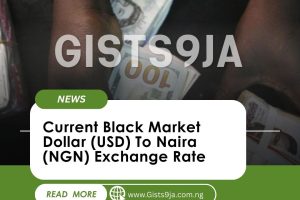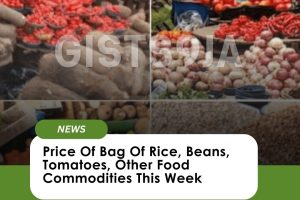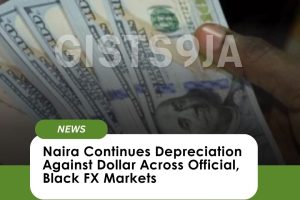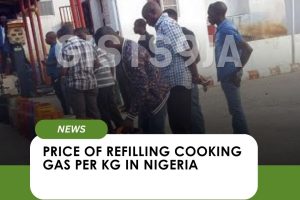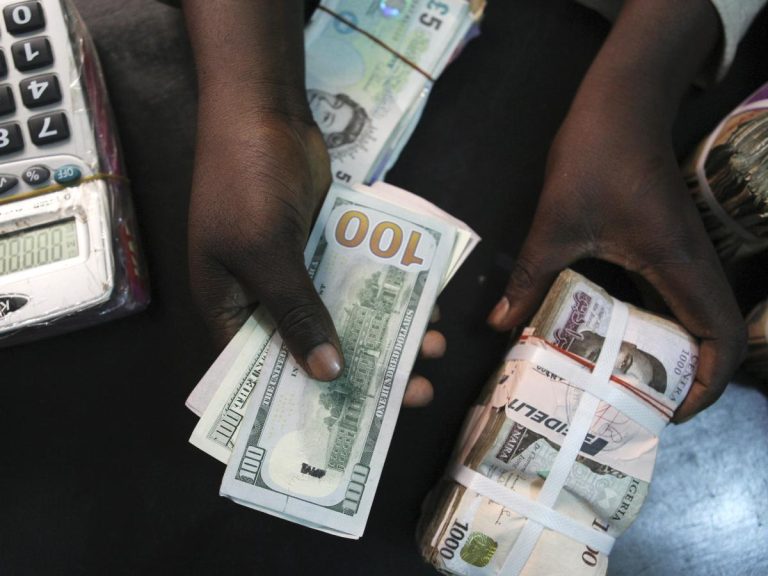
Current Dollar to Naira Exchange Rate in Nigeria’s Black Market
As of February 7, 2025, the exchange rate for the U.S. dollar against the Nigerian naira in the parallel market, commonly known as the black market, has shown significant fluctuations.
According to sources within the Bureau De Change (BDC) operations in Lagos, the buying rate for one U.S. dollar is approximately ₦1,540, while the selling rate stands at ₦1,565.
Official vs. Black Market Exchange Rates
The Central Bank of Nigeria (CBN) maintains that the parallel market is not officially recognized for foreign exchange transactions. The CBN advises citizens and businesses seeking foreign currency to engage through formal banking channels to obtain more stable and transparent rates.
Black Market Rates:
- Buying Rate: ₦1,540
- Selling Rate: ₦1,565
CBN Official Rates:
- Highest Rate: ₦1,503
- Lowest Rate: ₦1,496
Factors Influencing Exchange Rate Fluctuations
- Currency Demand and Supply:
The demand for dollars typically rises due to factors such as international travel, tuition payments, and import transactions, putting pressure on the naira and driving up black market rates. - Economic Policies:
Government restrictions on accessing foreign currency through official channels often push individuals to the black market, leading to higher rates. - Inflation and Economic Instability:
Persistent inflation erodes the purchasing power of the naira, making foreign currencies like the dollar more attractive as a store of value. Economic uncertainty also contributes to fluctuating exchange rates. - Speculation:
Market speculators buying and hoarding dollars in anticipation of future gains contribute to rate volatility in the parallel market.
Regional Variations and Risks
Exchange rates in the black market can vary depending on the region and the specific Bureau De Change operator. Lagos, being a major commercial hub, often has different rates compared to other states due to its higher transaction volumes.
However, engaging in the black market carries risks, including dealing with counterfeit currency or falling victim to fraud. The lack of regulation in this market means that rates can change rapidly, making it difficult for individuals to get fair value for their money.
CBN’s Stance and Regulatory Measures
The CBN has consistently warned against using the black market for foreign exchange, emphasizing that such practices undermine the country’s monetary policies. To combat this, the CBN has implemented several measures, including restricting access to official forex for certain imports and encouraging the use of digital banking for forex transactions.
Conclusion
Navigating the complexities of Nigeria’s foreign exchange market requires awareness of both official and parallel market rates. While the black market offers quick access to foreign currency, it comes with heightened risks and potential financial losses. Individuals and businesses are encouraged to utilize official channels for transparency and security in their forex dealings.
For those needing foreign exchange, checking current rates from multiple sources and considering the CBN’s guidelines can help in making informed financial decisions.


